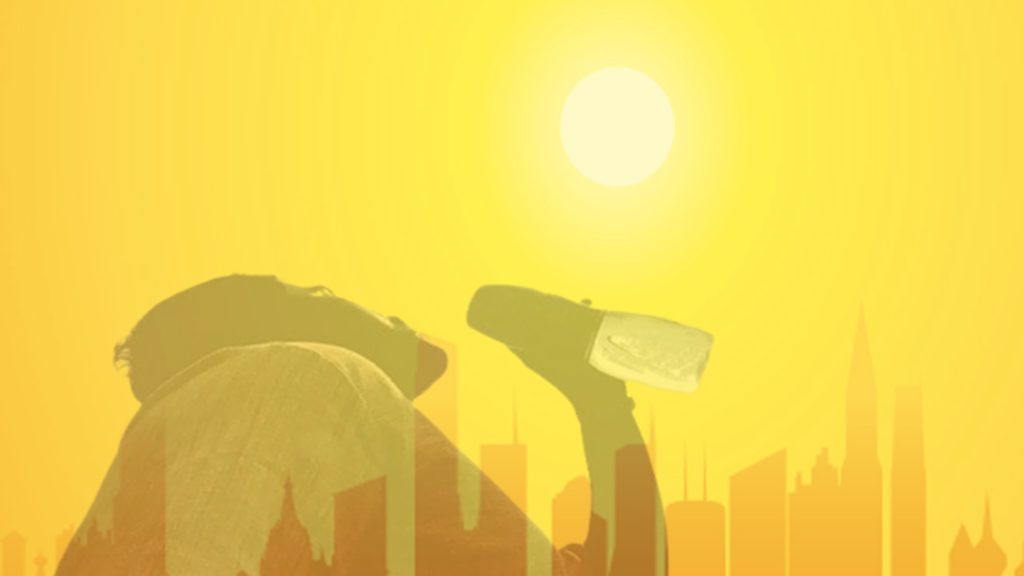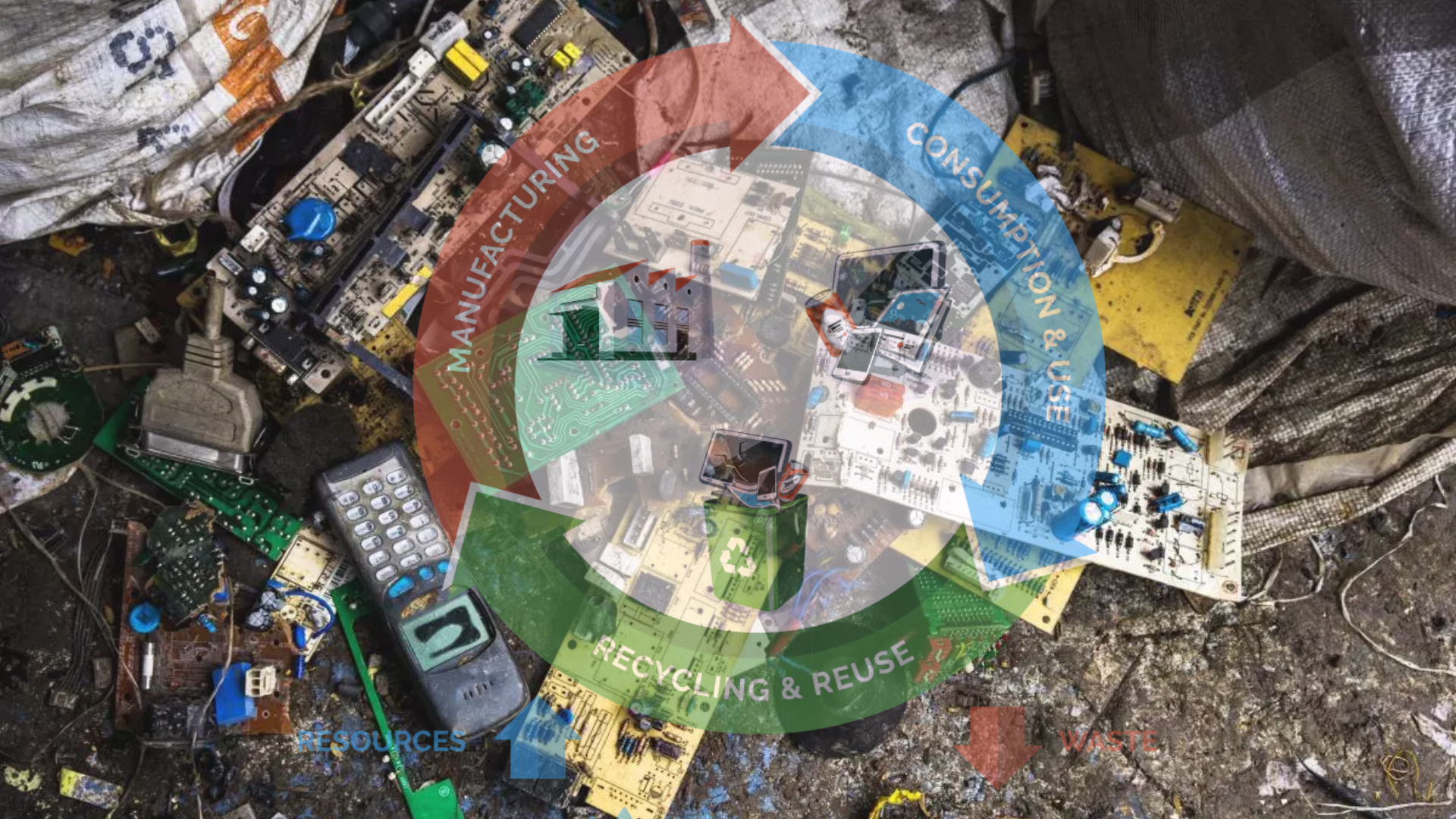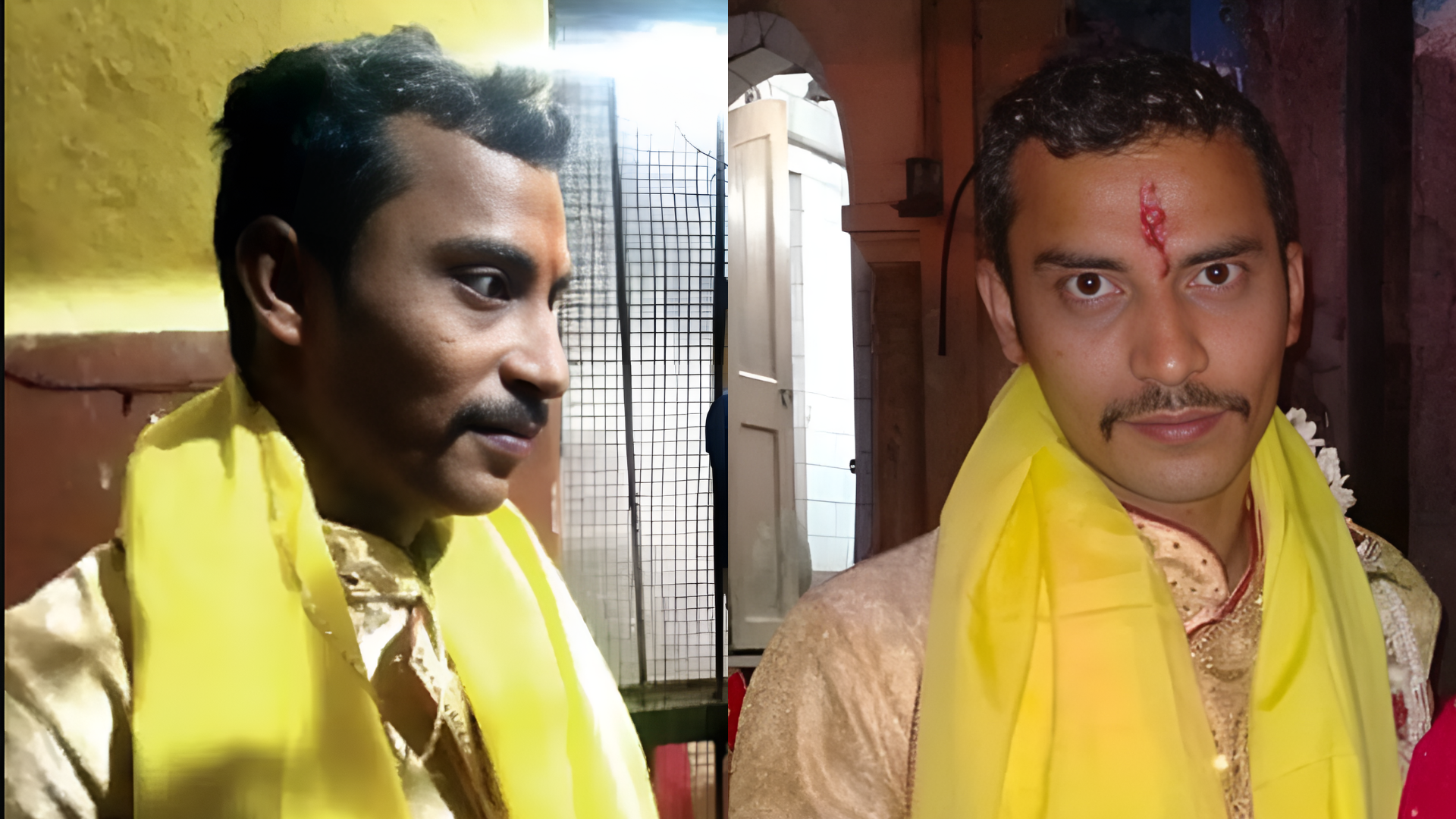Temperatures in Kolkata & other cities rising, and with it, related health issues

A recently-published study by researchers from Vidyasagar University, Midnapore has found that the annual average land surface temperatures in areas covering 90 per cent of Kolkata have increased. Also, alarmingly, the rise in 49 per cent of areas is significant.
However, the rise was seen not just in Kolkata, but across the four metro cities of Kolkata, Chennai, Delhi and Mumbai.
The peer-reviewed study was published in the Journal of Cleaner Production, which used the Google Earth Engine platform and satellite-based datasets to analyse the daytime and night-time temperatures in the cities between 20023 and 2020.
The average annual daytime temperature in Kolkata has increased by 0.46°C per decade while the average annual night-time temperature has increased by 0.37°C per decade. Across 49 per cent of the city’s geographical area, the temperature rise ranged from 0.29°C per decade to 0.88°C per decade, which is being considered statistically significant.
In the study, ‘Kolkata’ implies ‘Greater Kolkata’, and the highest rates of rise in temperature were measured near Dhulagarh Industrial Park, Biparna Para, Domjur, Bankra, Dankuni Bil and New Town.
The average annual and seasonal night-time temperatures have increased by 0.27°C per decade to 0.75°C per decade over 33 per cent to 100 per cent of the four cities’ areas between 2003 and 2020. These figures are significantly higher than the national annual average temperature rise of 0.15°C per decade between 1986 and 2015, documented in a 2020 report by the Union Earth Sciences Ministry.
One of the research scholars involved in the study told The Telegraph newspaper that the major factors influencing these temperature changes are “urban built-up area, air pollution levels over the city and the night-time lighting levels”.
The effects of the increased temperatures on people across the world have also been well-documented in recent times, and it is now considered a public health challenge. And several studies show that Kolkata is at the forefront of heat-related challenges.
In a study published this year in Science of The Total Environment, an analysis of daily temperature and humidity data of Kolkata, Delhi, Mumbai and Chennai from April to July from the year 1990 till 2019 revealed extreme discomfort during both heat and non-heatwave periods was higher in Kolkata and Chennai than in the other two.
In another study, also published this year, on the PubMed website, conducted in a Kolkata slum and a rural village near the city, it was found that construction materials and the urban heat island effect combined to create hotter indoor and outdoor conditions throughout the day and particularly at night.
A 2021 report in the journal Lancet said record temperatures in 2020 across the world resulted in 3.1 billion more person-days of heatwave exposure among people older than 65 years and 626 million more person-days for children younger than one year.
Another study, published this year in the journal Communications Earth & Environment, said that by 2100, many people living in tropical regions, which includes India, will be exposed to dangerously high levels of heat on most days of each year.
According to experts, mitigating measures, both short-term and long-term, are in urgent need of implementation.
Short-term strategies include heat-proofing vulnerable livelihoods such as outdoor workers (through cooling shelters and altered work timings) and indoor workers (through providing better ventilation) and protecting and expanding green (trees) and blue (water bodies) spaces in cities. Among long-term strategies that experts say need to be adopted are building city-specific heat action plans, enforcing climate-resilient urban planning, building institutional capacities around holistic heat management, etc.






